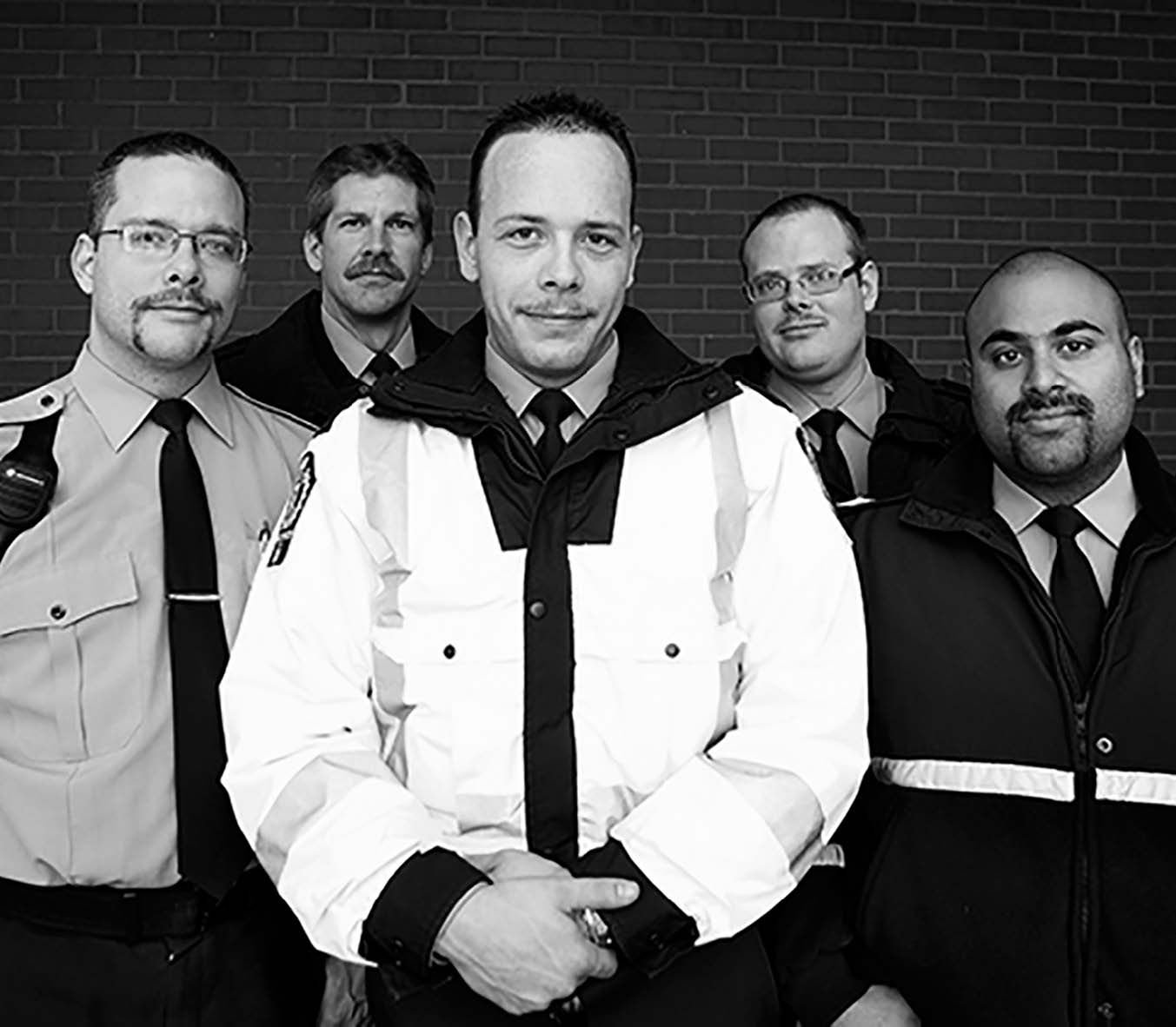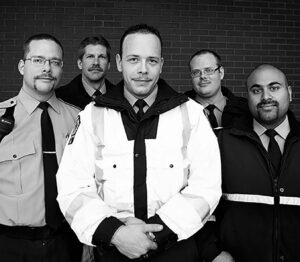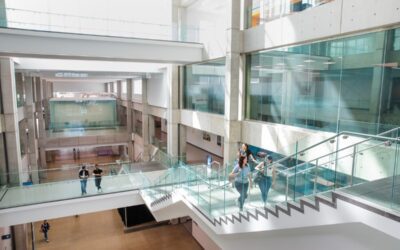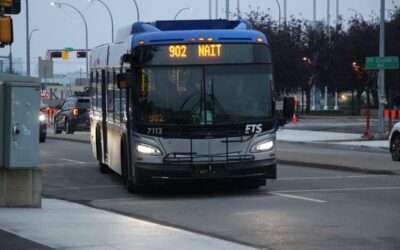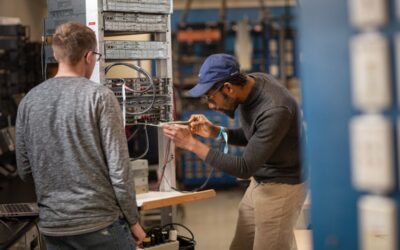Photo Courtesy of NAIT
By: Joe Lipovski
NAIT’s Protective Services runs 24 hours, however there are certain times of the day that they need to operate with minimal staff. As a result, Protective Services needs to prioritize what calls they respond to first. Especially at 11 p.m., when protective services is not only locking up all buildings on campus, they are also checking to make sure the buildings are empty.
After polling several students, the majority of responses said that they believed their office is in the CAT building. However, this is a satellite office that is primarily used for events. Protective Services’ main office is in
the D building.
The primary concern from students regarding protective services is the wait times to be let in to different buildings or classrooms on campus, which is primarily affecting campus clubs.
“Most people see things from an individual’s perspective and don’t take the big picture into consideration,” said Inspector Operations Officer, Darrin Kirk.
The most common stereotype for Peace Officers at NAIT, is that they only enforce parking. In fact, 23 peace officers make up NAIT’s protective services. Like many post secondary institutions, NAIT uses peace officers to enforce not only parking, but safety and patrolling for all NAIT properties. This includes the Souch and Patricia campuses.
Protective Services also responds to all types of alarms and reports of suspicious behaviour and packages. This is made easier with over 600 security cameras across the NAIT campus. However, many issues come up throughout the day that demand the attention of Protective Services. As a result, students and staff needing to get into any building, or classroom on campus may have to wait longer than usual.
For students and staff requiring the services of the Safe Walk Program, Kirk recommends booking in advance to ensure a peace officer is available. Kirk also recommends using the NAIT app to register your Safe Walk if the user does not want to call for a Safe Walk escort. The app will show the Protective Services control centre where you are in real time.
“You will never hear when we showed up within five minutes to let someone into a classroom or building, but everyone will always hear about how someone waited for 15 minutes,” said Kirk.
Kirk said the use of peace officers is more appealing for post secondary institutions because the officers can take direct action to resolve a situation, whereas a security guard is a civilian.
Kirk encourages people who are hoping to resolve a conflict with another individual peacefully to request the assistance of the resolution officer, Craig Whitton.
If a law is broken, students can contact protective services, but Kirk stresses that if someone is in danger they should call 911 and Protective Services will be contacted immediately if the call comes from a landline
on NAIT property.

